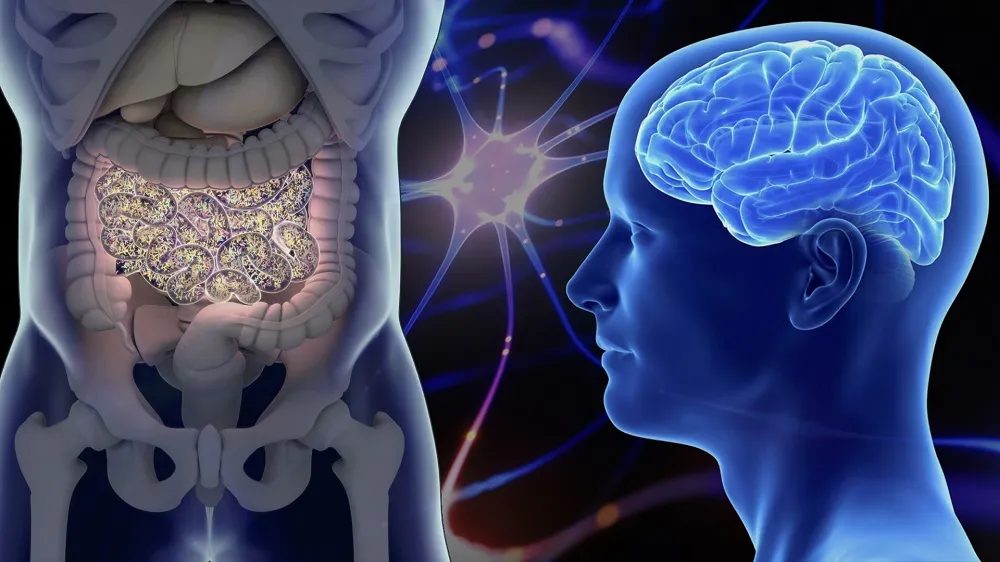A study conducted by Italian and American researchers, published in the journal Hypertension on July 31, 2023, sheds light on the effects of regular alcohol consumption on blood pressure. This increase in blood pressure persists even in individuals who consume only one glass per day and those who do not suffer from hypertension, warns the American Heart Association.
The analysis of data from studies conducted in the United States, Korea, and Japan reveals that even small amounts of alcohol can lead to an increase in blood pressure compared to those who do not consume alcohol at all.
Specifically, systolic blood pressure increases by 1.25 mm Hg for those who consume an average of 12 grams of alcohol per day, and by 4.9 mm Hg for those who consume 48 grams per day. To give an idea, 10 grams of alcohol is equivalent to approximately 25 cl of beer at 5°, 12.5 cl of wine at 10°-12°, or 3 cl of distilled alcohol at 40° (such as whiskey, anisette, or gin).
Furthermore, diastolic blood pressure increases by 1.14 mm Hg in “light drinkers” (12 grams of alcohol per day), and by 3.1 mm Hg in those who consume four times as much. This trend is mainly observed in men.
Dr. Marco Vinceti, the lead author of the study, emphasizes: “We found no beneficial effects in adults who consumed a low level of alcohol compared to those who did not consume any at all. We were somewhat surprised to find that even a low level of alcohol consumption was associated with higher blood pressure changes over time compared to no consumption, although this is significantly less pronounced than the increase observed in heavy drinkers.”
Faced with these results, researchers recommend limiting alcohol consumption to maintain a healthy blood pressure. Given that high blood pressure is a significant and preventable risk factor for cardiovascular diseases such as heart attacks and strokes, it is crucial to raise awareness about the negative impact of alcohol on blood pressure and promote healthy beverage choices.
Dr. Vinceti concludes: “Alcohol is certainly not the sole contributor to increased blood pressure. However, our results confirm that it significantly contributes to it. It is advised to limit its consumption, or even better, avoid it altogether.”


